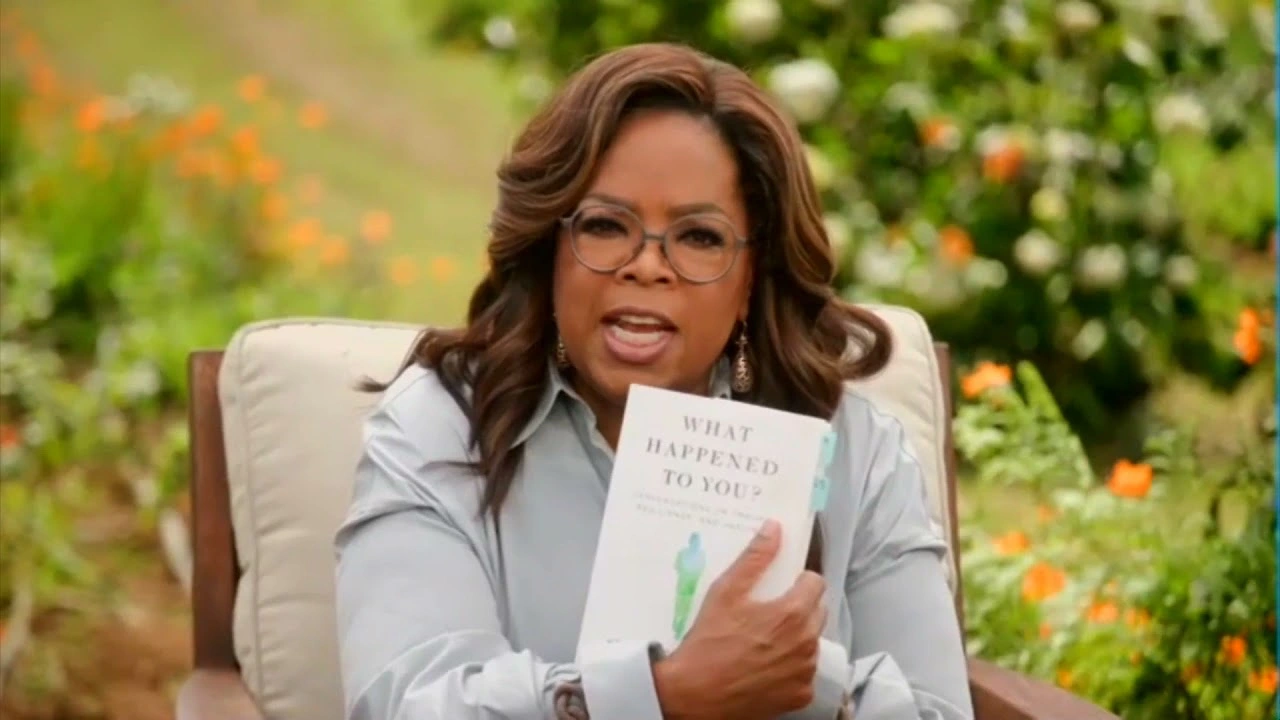Unraveling Trauma and Embracing Healing: Insights from 'What Happened to You?' by Oprah Winfrey and Bruce Perry
I recently had the pleasure of diving into What Happened to You? Conversations on Trauma, Resilience, and Healing by Bruce Perry, MD, PhD, and Oprah Winfrey. Already familiar with Oprah's extensive influence through her decades of television shows and her ability to deeply connect with people on various life issues, my curiosity was piqued. Oprah's story is compelling; she shared her own struggles with her audience, from childhood neglect and abuse to the challenges she faced as an African American woman dealing with societal injustices. This openness made her not just a media figure but a relatable individual who turned personal trials into universal lessons.
Oprah’s authenticity, her knack for asking the right questions—stemming from her vast reading and understanding—positions her as a genuinely intellectual and engaging personality. Her transparency and ability to communicate so effectively resonate as truly genuine, with no hint of pretense. This authenticity is inspirational.
Bruce Perry, a name I wasn’t familiar with until this book, brought a fascinating perspective on trauma. The core message of the book—that our early experiences fundamentally shape our outlook and personality later in life—is profound. It challenges the notion that the first years of life, often underestimated in their importance, are inconsequential. Instead, it presents the brain as impressively adaptable, absorbing experiences, both good and bad, that influence us deeply.
This book underscores the interconnectedness of our personal narratives with our broader understanding of trauma and healing. It’s a reminder that the stories we carry and share have the power to transform not just ourselves but also those around us, making What Happened to You? not just a read, but an experience that invites reflection on the resilience of the human spirit. Through the lens of both Oprah's and Perry's experiences and insights, readers are encouraged to consider how their own early life experiences have shaped them. This exploration is not just an academic exercise but a deeply personal journey into understanding and, ultimately, healing. As such, this work stands as a beacon for anyone seeking to comprehend the profound effects of trauma and the paths toward resilience and recovery. It offers a unique blend of personal narrative and scientific exploration, making it a pivotal read for those looking to find healing in understanding and to see their own stories reflected in the journey of others.
From the brain stem to the diencephalon, through the limbic system, and finally to the cortex, the journey underscores the importance of learning positive regulation strategies to cope with trauma. It's essential to develop a variety of strategies—taking time off, resting, exercising, managing stress, eating well, and nurturing social connections—all of which are crucial in mitigating the effects of trauma. Instead of ignoring the signals or external stimuli that may trigger traumatic responses, it's vital to understand them and employ positive strategies for regulation. Understanding what triggers these responses is the first step towards developing effective coping mechanisms.


